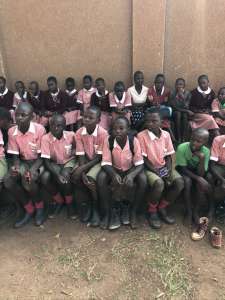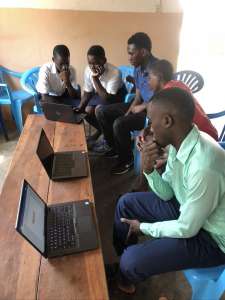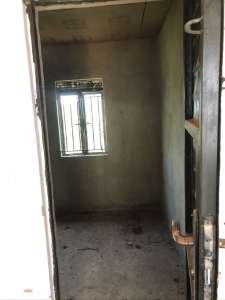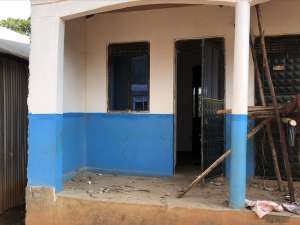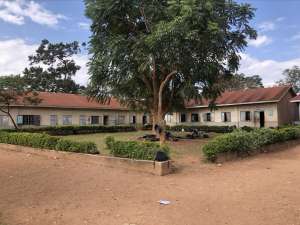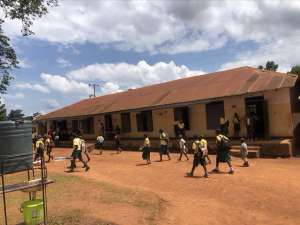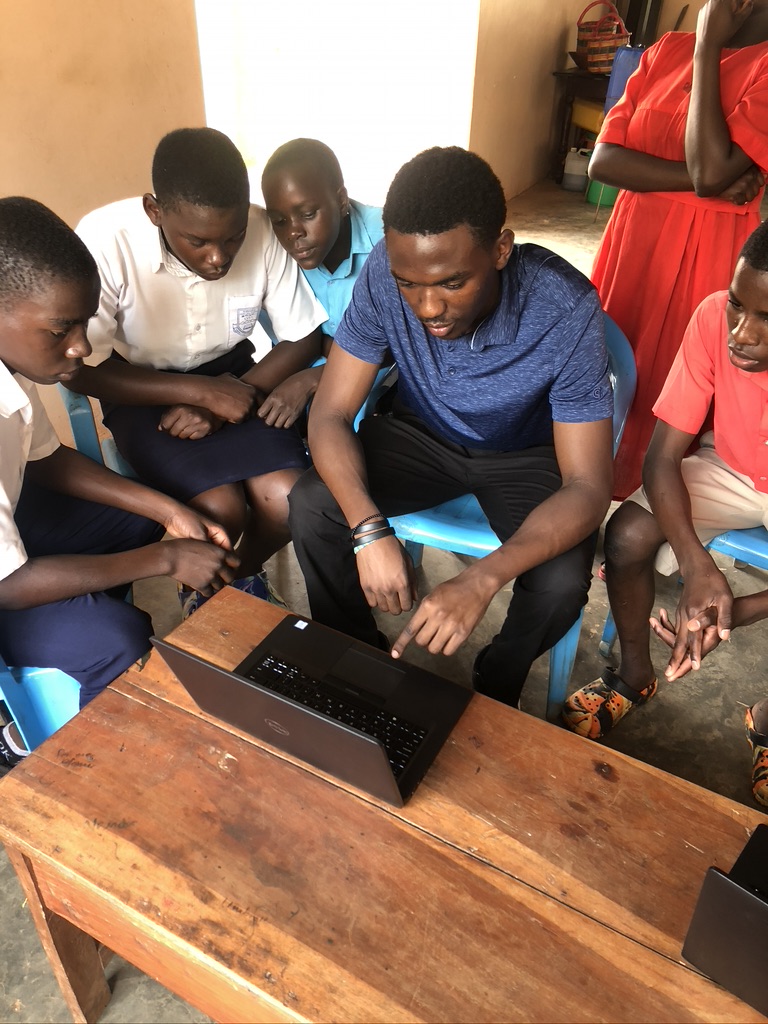During my trip to Uganda this summer I traveled across the country and visited a few schools to get a better sense of my home country’s economy and way of life. With almost half of the country’s population being under 15, Uganda has one of the youngest populations in the world. This is one of the many reasons the MCDI (Mpigi Community Development Initiative) has chosen to focus on empowering and providing for the youth. If the children can get access to better education along with other necessities, then perhaps, they’ll be better equipped to change their future. Sadly, during the time of my visit classes were coming to an end and students were taking their final exams before the end of the semester. Because of this, the time to launch the essay project has been postponed until school begins again in early September. Even though I won’t be able to be a part of this process, while in Uganda I spoke with some schools like The Kibuuka Memorial Secondary School and St. Kizito Primary School. From my interactions with the faculty and students, my understanding of the corruption that has led to the current state of Uganda has greatly broadened.
Education has been one of the most important yet most unattainable right for Ugandans, and with the current president, Yoweri Museveni, it looks as if Uganda has little hope of changing its fate. From the way he’s perpetually stayed in power to hoarding the country’s wealth, Museveni has ruled Uganda for the last 36 years with an iron fist. His corruption and total disregard to the well-being of the citizens within his own country has done nothing but increase the already high poverty of the country.
The MCDI program was created in order to try and begin repairing our country through the people instead of “waiting for the fake government to come save us.” By approaching the children living in Uganda and asking them how they felt about the things poisoning their families, communities, and ultimately country. After traveling to a couple of different schools of varying age groups I noticed the similarities in their concerns. Most of the schools have no funding from the government and operate solely analog. Because they don’t have any access to things such as internet and electricity, the options are few in terms of ways of teaching. Many of the students’ voiced complaints were about how difficult it is to even stay in school. On an almost daily basis, these students are faced with insufficient access to clean water, theft, lack of food and other conditions that are concerning to the student’s safety and well-being. These are the same problems that follow them even to their own homes and neighborhoods. Since none of these schools receive funding and a lot of the faculty are living in the same conditions as the students, there’s nothing they can really do to improve the education or well-being of these students.
With the money generously donated from the CSGC, I was able to contribute to the payment of the laptops we bought for the program. Instead of simply coming in and bringing a few clothes, we thought it would be even better to also provide easy access to a safe and reliable place to use the internet. The building we plan to use for this will be called the MCDC (Mpigi Community Development Center). This office in construction is where the MCDI plans to keep the laptops for the students to write their essays. The laptops will also be staying there monitored by the MCDI for the students to use for anything else with permission from their teachers.
The center is simply a start. If the MCDI can continue to raise enough money they can continue with projects like the essay competition, slowly rebuilding the numerous neglected communities of Uganda. As time goes on and the program grows, we hope to get a larger center and more equipment for the students to use and explore the world for themselves.
-Barack Mwesigwa ’24
